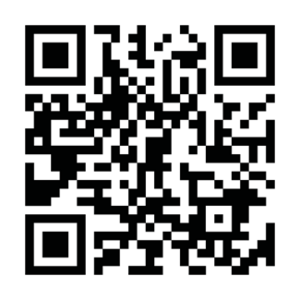As leading integrators and RFID solution providers of successful RFID systems across Australia, Datanet recognise the importance of their RFID technical survey, design and workshop services which are fundamental keys to the success of any RFID system.
The output of the technical design and workshop stages is a recommendation report from which the project will evolve. Our design stage is broken in a number of key tasks.
- Stakeholder Objective – At this stage we need to understand what you the customer needs to achieve from both a RFID project and solution perspective and what the measurement for project success will be;
- Site Visit – At this stage it is critical for our engineers to go on site and experience the operational environment. The key data we record at this stage includes:-
- Current working environment – Pre RFID implementation environment, availability of power and communications;
- Identification of RFID read points;
- Identification of factors impacting RFID tag selection e.g. Active v Passive RFID technology, RFID read range, Read/Write tags, on tag human readable options, tag attachment options, surface preparation for tag attachment;
- Factors impacting RFID reader selection – Mobile or fixed reader, or a combination of both. Visual indicator for unsuccessful/successful reads. Read range requirements and maximum tag speed at read point;
- RFID tag and reader simulation – This allows our engineers to capture real life statistics on the read rate at various speeds and distance.
Our RFID technology workshop then allows us to present our findings, risk analysis, recommendations for RFID reader and RFID chip and RFID tag selection, numbering sequences, visual indicators, power and communication options.
The technical workshop enables a platform for our team to functionally design the software components required to manage the flow of data and hardware components of the proposed solution.

